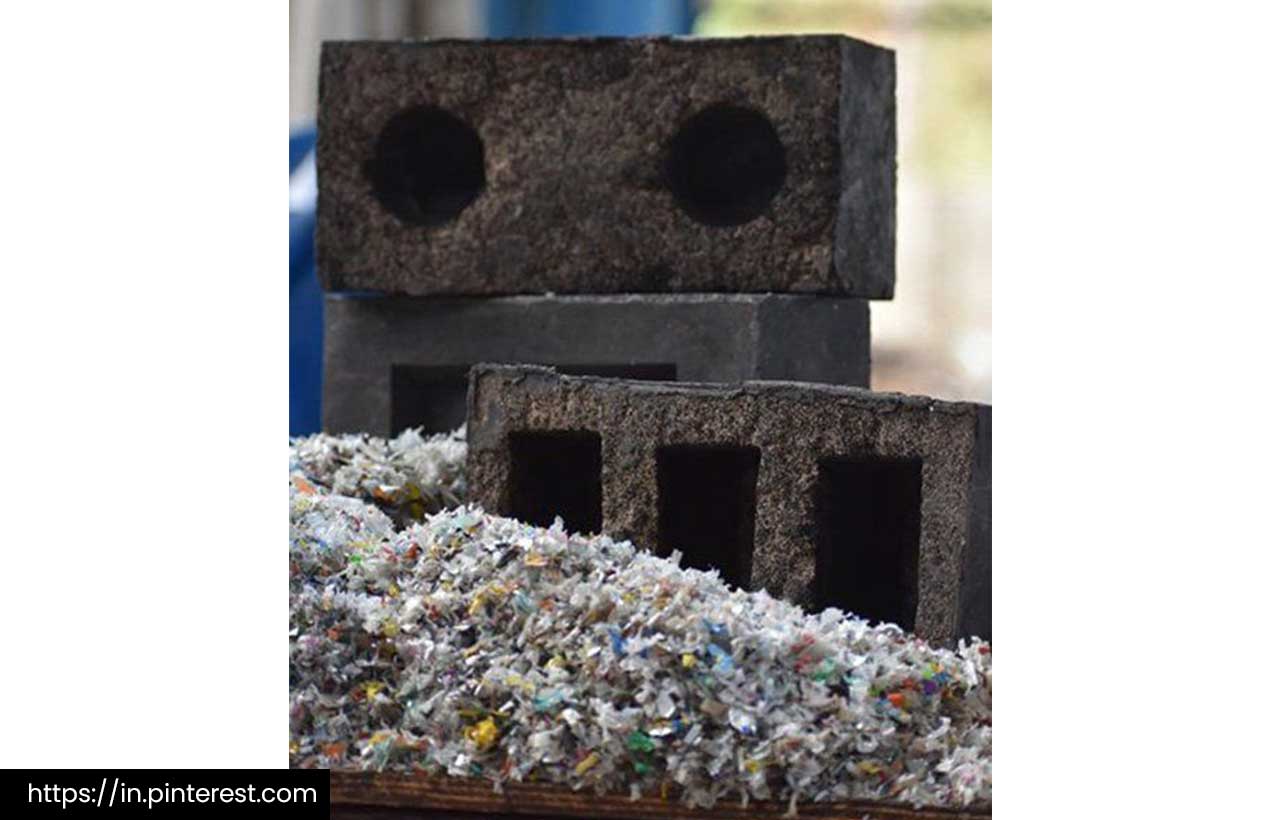Greening the Build: Recycled Materials Transforming India's Construction Landscape
- October 4, 2023
- By: Editorial Team
- INFLUENCERS

With its growing population and fast urbanisation, India has an urgent need for long-term solutions to the environmental concerns linked with construction and infrastructure development. The increased use of recycled materials in the construction sector is one viable path towards this aim. In recent years, recycled materials have gained popularity in India as a way to decrease waste, save resources, and reduce the carbon impact of construction activities.
Let's look at the importance, benefits, limitations, and future possibilities of recycled materials in the Indian building industry.

The Significance of Recycled Materials
Recycled materials contain a wide range of resources, including recycled concrete aggregates, reclaimed wood, recycled plastics, and more.
- Waste Reduction: India generates a substantial amount of construction and demolition waste. Using recycled materials can divert a significant portion of this waste from landfills, reducing environmental pollution and land degradation.
- Resource Conservation: Recycled materials conserve natural resources by decreasing the need for materials, such as sand, gravel, and timber. In turn, this helps in preserving the tender ecosystems that are often disrupted by resource extraction.
- Energy Savings: The production of construction materials requires significant energy inputs. Using recycled materials typically consumes less energy, contributing to a reduction in greenhouse gas emissions and energy costs.
Read More: 5 Building Materials Required the Most for Construction Purposes Today
Recycled Materials: Key Benefits
.jpg)
- Environmental Sustainability: Incorporating recycled materials into building projects decreases the demand for natural resources, lowers carbon emissions, and aids in the mitigation of construction operations' environmental impact.
- Economic Efficiency: Recycled materials are frequently less expensive than materials, rendering construction projects more economical while preserving quality and longevity.
- Innovation Opportunities: Adopting recycled materials promotes research and development in sustainable building technologies, resulting in creative solutions and economic prosperity.
Challenges and Solutions
- Quality Control: It’s difficult to ensure the quality and consistency of recycled materials. To solve this issue, standardisation and quality control methods must be introduced.
- Awareness and Education: Many building experts and consumers are unaware of the advantages of recycled materials. It’s critical to raise awareness and educate people about the benefits of these products.
- Infrastructure and Logistics: Creating networks for recycling collection, processing, and distribution can be a logistical challenge. Infrastructure investment is required.
The future of Recycled Materials in India's Construction Industry Appears Promising
- Policy Support: Government laws that encourage the use of recycled materials and give incentives for sustainable construction practices may substantially boost uptake.
- Technological Advancements: Continuous R&D efforts are anticipated to deliver improved recycled materials with better qualities, making them even more appealing to builders and developers.
- Market Demand: With consumers and developers becoming increasingly aware of environmental concerns, there will be an increasing demand for sustainable construction materials, which will further encourage the use of recycled materials.

In India, recycled materials are becoming an important component of sustainable construction practices. As the country grapples with rising urbanisation and environmental concerns, the use of recycled materials can play a critical role in reducing the environmental impact of buildings. India can leverage the potential of recycled materials to develop a more sustainable and resilient future with the appropriate legislation, education, and investment.








